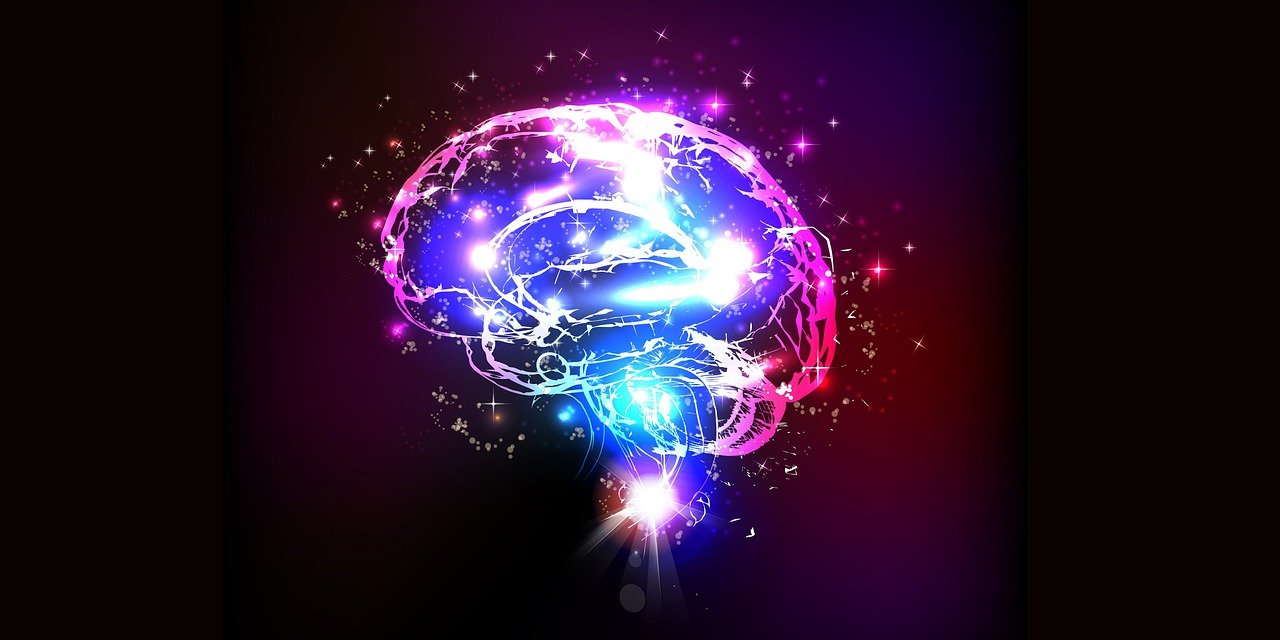
Inflammation of the brain, stress, toxins and blood sugar imbalance can all affect how your brain functions. Let’s dive deeper into each of these.
Reduce Inflammation – An inflamed brain causes depression, dementia, forgetfulness, and ADD to name a few. A lot of factors mentioned below can contribute to the inflammation residing in your brain.
- Remove/reduce inflammatory diet- sugar in all forms, processed foods, refined flours, refined oils (corn, soy, safflower)
- Identify food allergies or sensitivities- delayed reactions from foods, lead to brain and systemic inflammation
- Address any digestive/gut distress- an imbalance in the digestive function and the gut immune system that produce widespread systemic inflammation
- Reduce exposure to toxins as they lead to immune dysfunction and also cause hormonal imbalance
- Manage stress- whether physical, emotional or physiological
- Address chronic or latent infections in the body
- Live an active lifestyle while prioritizing sleep and movement daily
Support detoxification – Toxins are everywhere in our environment and this can overwhelm the liver, as it’s the primary organ responsible for detoxification. An overwhelmed or sluggish liver, can leave toxins in circulation, which cause oxidative stress and may damage the brain cells. Foods that enhance detoxification are:
- Cruciferous vegetables- broccoli, kale, cabbage, mustard greens, turnips, bok choy, chinese cabbage, arugula, radish, wasabi and watercress
- Garlic, leeks, onion & scallion
- Egg yolks and proteins in all form
- Citrus foods- berries, limes, lemons, oranges, gooseberry
- Antioxidant rich foods- Green tea, black tea, turmeric, pomegranates, grapes , berries, and walnuts
Enhancing energy production/metabolism – ultimately everything comes down to energy. Most of us don’t think about where this energy comes from, why sometimes we have more or less of it, how it might affect our brain and the whole process of ageing. Enough energy means a happy, healthy, focused and sharp brain. Lack of energy means slowed mental function, autism, mood disorders. The part of the body that uses the most energy is your brain, which has the most mitochondria, the little factories in your cells that produce energy. No energy = abnormal cell function and cell death. Abnormal cell function and cell death= chronic illness and brain disease.
Nutrients that help enhance cell function and reduce damage caused by free radicals are:
- Antioxidant rich foods like colorful fruits and vegetables- eat a rainbow color diet (have 5-6 different colors on your plate- dark green, yellow, red, orange, blue and purple)
- Reduce/remove sugary and processed food and refined oils. Use ghee, coconut oil, butter, cold pressed olive oil, cold pressed mustard oil, avocado oil and sesame oil for cooking only
- Many supplements like COQ10, Resveratrol, Alpha lipoic acid, D-ribose, Acetyl-L-carnitine are few supplements that help with cell dysfunction. It’s important to work with a healthcare practitioner to find the supplement best suited for your body.
- Blood sugar regulation is a very important aspect for energy metabolism. Brain ageing in large parts is controlled by sugar and insulin function in the body. Too much sugar in your diet produces too much insulin. This triggers more oxidative stress and more inflammation, leading to mitochondrial injury. Mitochondria damage, in turn, leads to more insulin resistance. We can balance blood sugar levels by eating a high fat, moderate protein and a low carbohydrate diet. Eating 3 main meals a day and a snack only when required, can help balance blood sugar.
Address stress – The stress or relaxation response is controlled by the brain’s command and control center called the hypothalamus. It sends messages out through the autonomic nervous system -sympathetic or the fight and flight. When this part of our nervous system is switched on, our adrenal glands release more cortisol (stress hormone). Cortisol hormone is activating and energizing. They help you deal with stress response in the short term.
The problem in our culture is that chronic, unremitting, unrelenting stress and endless inputs to the nervous system can put us in a state of alarm. Stressors we are not designed to deal with on a chronic and repetitive basis. Lead to overactivation of the sympathetic nervous system and stress response followed by burnout. High levels of cortisol can damage the hippocampus, leading to impaired memory, depression, and dementia. Stress literally eats away your brain.
VAGUS nerve is the antidote to the stress response- the vagus nerve is the nerve that comes from the brain and controls the parasympathetic nervous system, which controls our relaxation response.
Stimulating the vagus nerve and reducing the amount of work your adrenal glands are doing may improve everything from memory to depression. How to activate the vagus nerve- take a deep breath into your belly to the count of 5, pause for 1 sec, then breathe out slowly at the count of five. Do this 5 times. Notice how you feel in your body and mind!
Get started with us, on your journey to good health: https://www.smritikochar.com/get-started/


